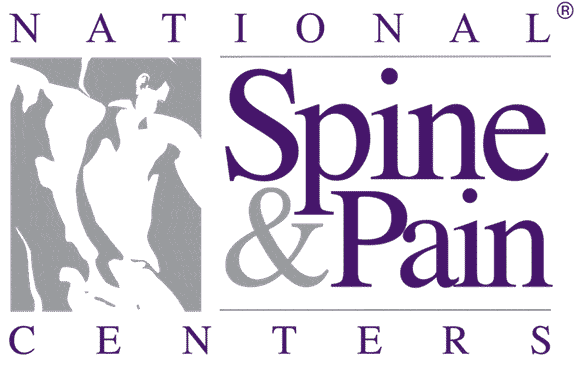A Healing Approach to Muscular and Joint Pain
What is Prolotherapy?
Prolotherapy is an innovative technique that relieves pain by directly impacting the underlying condition causing that pain. In contrast to many medical treatments that may provide only temporary benefits, this safe, proven treatment offers lasting relief. Many conditions respond well to prolotherapy, such as facet syndrome (back and neck arthritis), whiplash, joint sprains, degenerative disc disease, osteoarthritis, tennis elbow, sprains, chronic tendonitis, and more. At StemCell ARTS, clinical experts can determine if you are a candidate for this healing alternative and help you get your life back.
How does prolotherapy help?
Prolotherapy promotes long-term, often permanent pain relief by stimulating the body’s ability to repair itself. A solution of concentrated dextrose and local anesthetic (steroids are not used) is injected into the affected ligaments, tendons, or joint capsules. This solution acts not as a nutrient, but by stimulating the body’s natural ability to repair these tissues, encouraging growth of new ligament or tendon fibers.
Multiple treatments encourage additional tissue growth to restore and strengthen the affected area. An individual plan is devised with prolotherapy treatments scheduled every two to six weeks until the healing is complete, and you can return to normal activities without pain.
How long does it take?
The total appointment time takes approximately 30 minutes, including preparation, treatment and recovery time. Performed in a medical office, prolotherapy relieves pain without the risks of surgery, without general anesthesia or hospital stays, and without a prolonged recovery period. In fact, most people return to their jobs or usual activities right after the procedure.
What are the expected results?
Initially, mild but temporary swelling and stiffness may occur. Some patients see noticeable improvement after the first sessions are completed, while others realize increasing improvement on each successive visit. Research studies show that over 80 percent of people treated with prolotherapy report a good or excellent result. Many of them are permanently cured. Not only do they enjoy simple pleasures again – a good night’s sleep, sitting through a movie, taking a walk – but many also return to physical activities such as soccer, mountain biking, jogging, skiing, even horseback riding.
Stop pain from interfering with your life.
Resolve your symptoms with help from the Orthopedic Regenerative Medicine specialists at StemCell ARTS.
Abstract
- OBJECTIVE: To determine whether prolotherapy is effective in the treatment of deficient load transfer of the SIJ.
- DESIGN: A prospective descriptive study.
- SETTING: Authors’ private practice.
- PARTICIPANTS: 25 patients who consented to treatment and attended for at least one follow up visit and assessment.
- STUDY PERIOD: From April 2004 to July 2007.
- INTERVENTION: Three injections of hypertonic dextrose solution into the dorsal interosseous ligament of the affected SIJ, under CT control, six weeks apart.
- MAIN OUTCOME MEASURES: Quebec Back Pain Disability Scale, Roland Morris 24, Roland Morris 24 Multiform questionnaires and clinical examination by two authors independently. Clinical tests include active straight leg raise, sacroiliac joint glide, Stork (Gillet), stance phase and posterior pelvic pain provocation tests.
- RESULTS: All patients included in this study attended for at least one follow up visit at 3, 12 or 24 months. The number of patients at follow up decreased at 12 and 24 months. Functional questionnaires demonstrated significant improvements for those followed up at 3, 12 and 24 months (p < 0.05). Clinical scores showed significant improvement from commencement to three, 12 and 24 months (p < 0.001).
- CONCLUSIONS: This descriptive study of prolotherapy in private practice has shown positive clinical outcomes for the 76% of patients who attended the 3 months and 12 months’ follow up visits and for the 32% of patients who attended follow up visits at 24 months. Similar results were found in the Questionnaires (Q, RM and RMM) at 3, 12 and 24 months. The findings of this study warrant further research. Trial registration Written informed consent was obtained from all participants in the trial. This was conducted as a practice quality assurance project, and as such did not require ethics approval or trial registration.
The use of prolotherapy in the sacroiliac joint. Br J Sports Med (2010). Retrieved from http://bjsm.bmj.com/content/44/2/100.abstract


